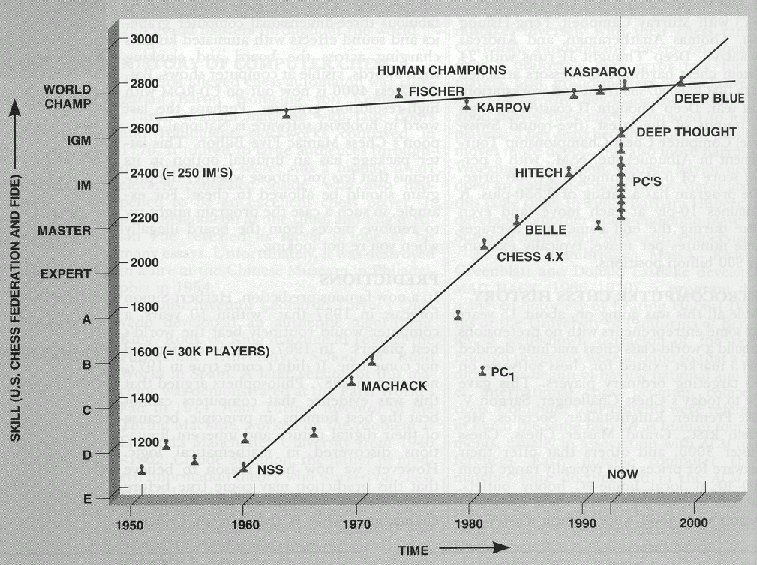Working to reduce extreme suffering for all sentient beings.
Author of Suffering-Focused Ethics: Defense and Implications; Reasoned Politics; & Essays on Suffering-Focused Ethics.
Co-founder (with Tobias Baumann) of the Center for Reducing Suffering (CRS).

To clarify, the context of the quoted remark was that, just as we can care for those we love in the face of cluelessness, we can likewise care for and benefit strangers.
Specifically in relation to this:
I think the “other values we hold dear” can and should also include a strong focus on helping strangers as well, even if challenges from cluelessness and the like were to prove devastating to standard versions of consequentialism. I mostly responded to what I saw as an overly exclusive focus on those we love versus others.